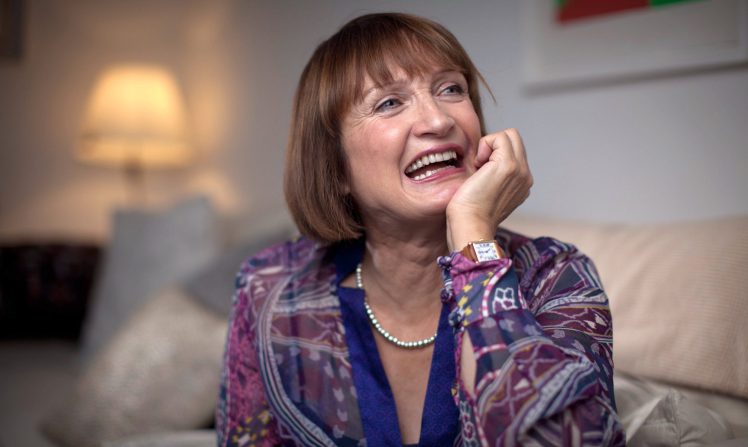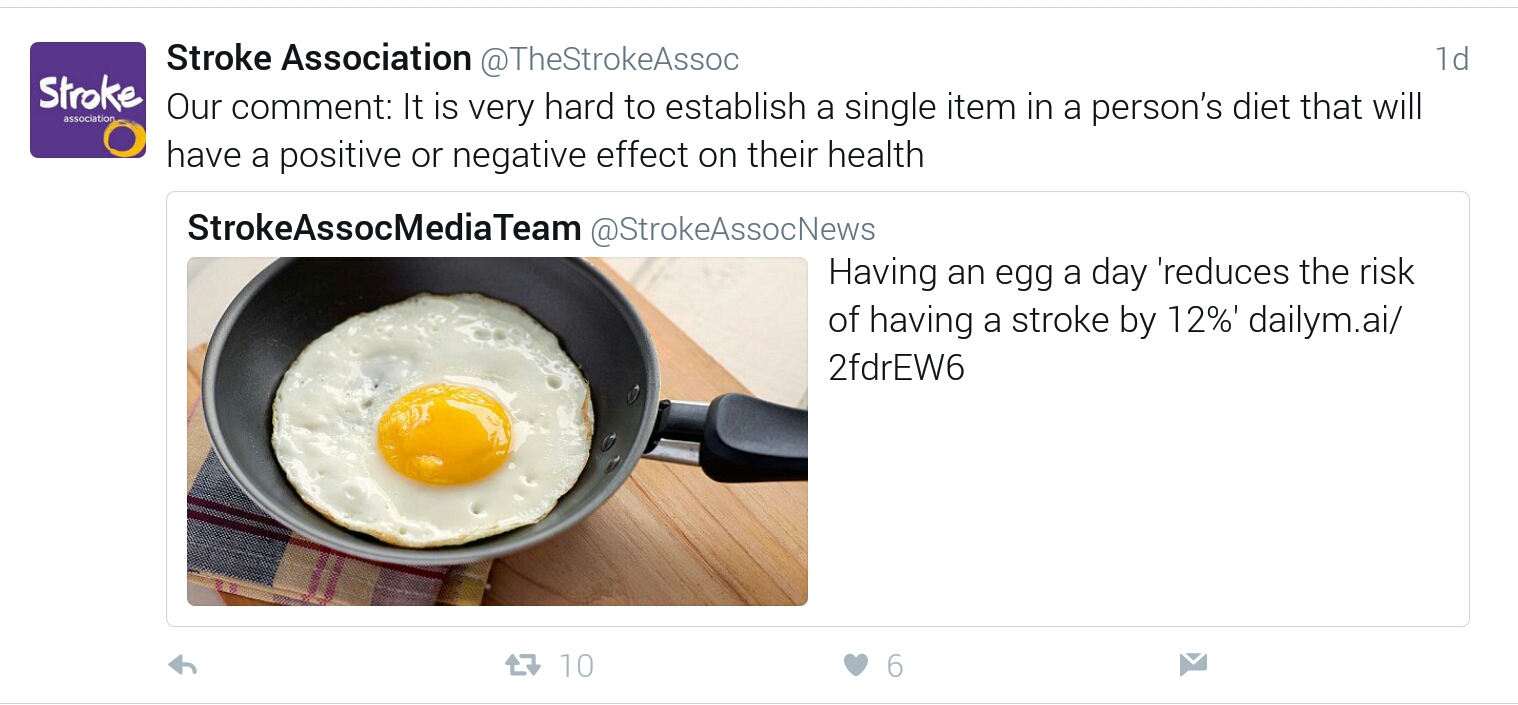
The news of the death of Tessa Jowell on Saturday from a brain tumour was greeted by an outpouring of affection. The tributes were to a woman who – above all – was thoroughly decent, warm, friendly and principled and who had gained respect and admiration from all sides of the political spectrum.
Her career saw many notable moments, including advancing equal pay for women, the SureStart programme for children and, of course, bringing the Olympics to London in 2012.
But her lasting achievement may turn out to be what she managed to achieve in the final months of her life, influencing the government to speed up and change its course on the treatment and research into brain tumours.
As someone who works for The Brain Tumour Charity I am inevitably biassed, but we have been astonished at the speed at which things changed as a result of Tessa Jowell’s intervention into this area.
Many of the decisions that have been and are being taken by the UK Government are on things that we – as a charity – have been advocating for a considerable time.
People power
For me, this is where the conundrum and difficulty lies. All charities are about people power: from the numbers campaigning for change, to those out doing incredible things to raise money, to those on the frontline, delivering services to others in need.
And yet the numbers of people involved with a charity don’t often amount to a hill of beans, if a systemic change doesn’t take place to help those who being advocated for.
Compare this fight with that crucial influencing voice that very often delivers a step change in the way the charity’s issue is perceived. What could have been an ongoing struggle for decades gets advanced in a matter of weeks.
Mental health
Let’s take another more visible, yet often-stigmatised issue – mental health. Although things are getting better, many still perceive a mental health issue as being weak.
Indeed, I have a friend who has previously taken time off work citing a fictional physical illness, rather than have her mental health belittled by an uncaring management team.
 In this context, the courage that Princes Harry & William showed by openly talking about their own mental health struggles in 2017 was a bit of a game-changer.
In this context, the courage that Princes Harry & William showed by openly talking about their own mental health struggles in 2017 was a bit of a game-changer.
Suddenly, it didn’t seem quite so bad to talk about depression or anxiety. If the Princes suffer, why shouldn’t I?
I’m sure the likes of Mind were behind and hugely supportive of this Royal intervention, and yet it must be a little frustrating that the work and influence that had taken them 60 years to build was dwarfed by one 30 minute interview.
A nice problem to have
It sounds like I’m moaning here and I’m not. What I’m trying to do is emphasise how vital high-profile supporters are to the work of all charities, yet on the other hand highlight how disappointing it is that we so often need them to get our message across, rather than the people at the sharp end of a charity’s work.
In the future, people who are affected by a brain tumour will undoubtedly benefit from the drive, fortitude and influence of Tessa Jowell, but isn’t it just a little bit disappointing that it took someone in her position at such a difficult time to get the powers-that-be to act?





